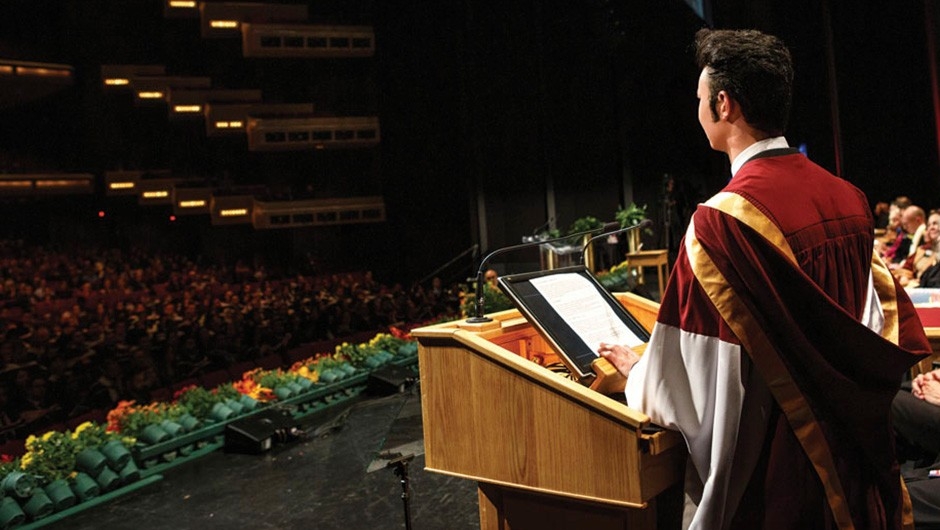Louis Hugo Francescutti is an emergency physician, author, university professor, safety and injury-prevention advocate and motivational speaker. He is the former president of both the Royal College of Physicians and Surgeons of Canada and the Canadian Medical Association, and was appointed an honorary colonel by the Canadian Armed Forces. As of December 2023, he is also a Member of the Order of Canada.
“I count myself blessed with the opportunities that I’ve had and my position in life,” says Francescutti, who graduated from the Department of Biology. “I’m about to be 71 in December, but I don’t feel it.”
Though many of his colleagues have long retired, Francescutti remains driven. One of his recent projects is an AI chatbot designed in collaboration with students from the Northern Alberta Institute of Technology. The initiative is expected to help emergency-room patients experiencing homelessness by quickly connecting them with available beds and transportation.
Francescutti is also part of a team of parents working to create safe, inclusive living environments for disabled people who require full-time care, like his daughter, Laura.
“Laura is not going to be able to fend for herself when my wife and I are gone,” he says. “I want to create an environment where she — and others like her — can have top-quality support.”
Francescutti underscores that effective collaboration has been the key to success.
“I learned a long time ago at Concordia that it’s best to surround yourself with people who are far smarter than you. Keep learning from them, but more importantly, ensure that an idea can continue by creating a sense of ownership in others, even if it originated with you,” he says.
“You don’t realize the opportunities before you in your early stages of career training, but later, you see they were the building blocks.”



 “I learned a long time ago at Concordia that it’s best to surround yourself with people who are far smarter than you.” | Photo credit: Canadian Armed Forces
“I learned a long time ago at Concordia that it’s best to surround yourself with people who are far smarter than you.” | Photo credit: Canadian Armed Forces
 “Mentorship is about creating space for people to feel included and capable, and helping them find their place.” | Photo credit: Court Challenges Program
“Mentorship is about creating space for people to feel included and capable, and helping them find their place.” | Photo credit: Court Challenges Program
 “We didn’t just learn soft skills at Concordia, we developed them and learned how to apply them.”
“We didn’t just learn soft skills at Concordia, we developed them and learned how to apply them.”
 “We have to try, fail, learn and adjust, then try, over and over again.” | Photo credit: Lindsay Ralph
“We have to try, fail, learn and adjust, then try, over and over again.” | Photo credit: Lindsay Ralph
 “I see myself as part of a longer trajectory of Black students at Concordia who are committed to making a difference.”
“I see myself as part of a longer trajectory of Black students at Concordia who are committed to making a difference.”